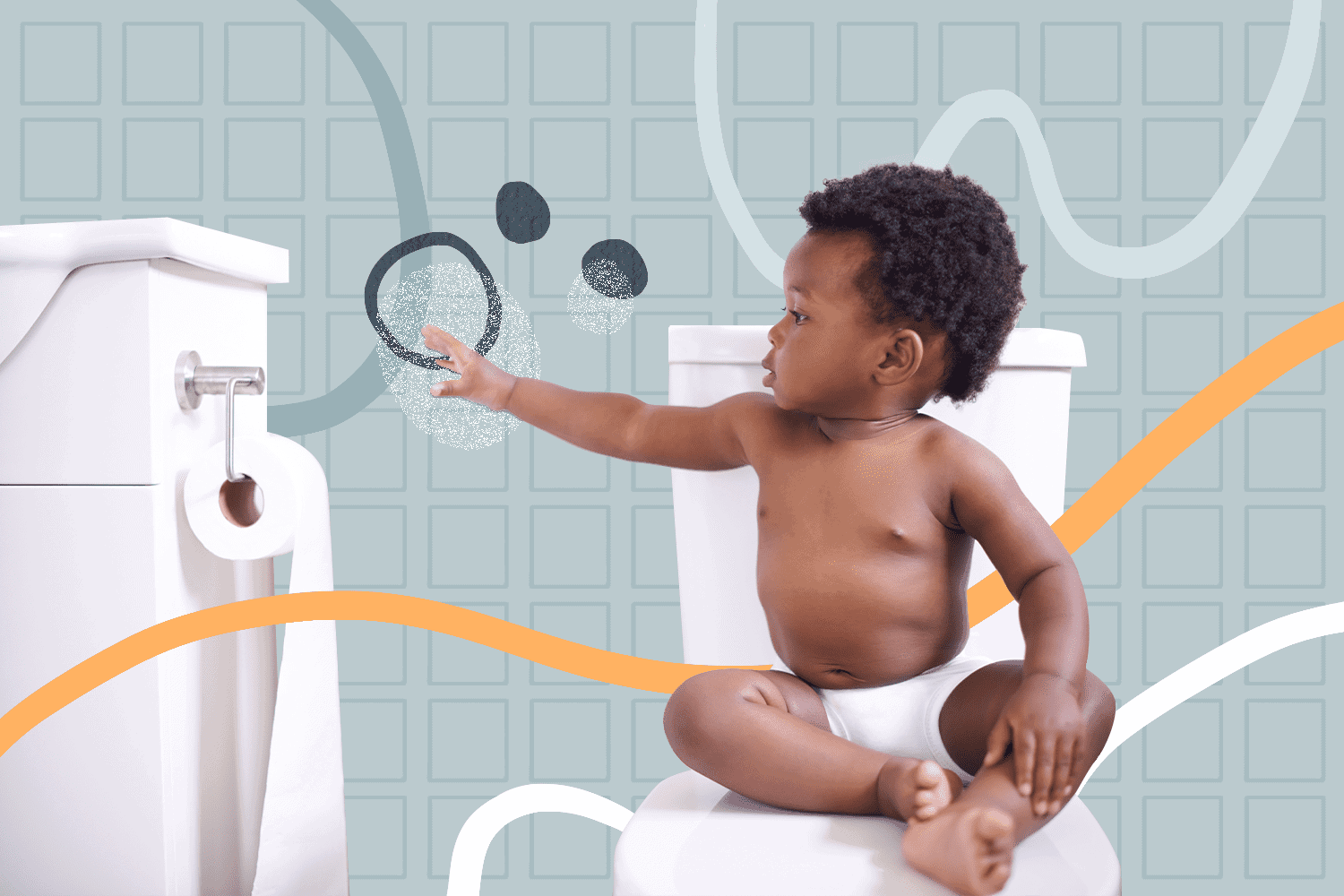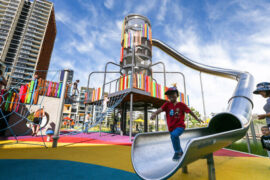“`html
Say Goodbye to Diapers: Potty Training Essentials for Busy Parents
Hello amazing parents! Are you ready to embark on the adventurous journey of potty training with your little one? Worry not; you are about to become the superhero in the world of tiny toilets and triumphant flushes! Let’s dive into some super-helpful tips to make this transition as smooth as possible for both you and your child.
The Right Time to Start Potty Training
Every child is unique, and the right time to start potty training can vary. Pay attention to the signs that your child is ready – they could be showing interest in the bathroom habits of others, staying dry for longer periods, or expressing discomfort with soiled diapers. Typically, this readiness begins between 18 and 24 months, but patience is key – starting too early might just prolong the process.
Creating a Friendly Potty Environment
Make the bathroom a haven of potty positivity! A child-sized potty or a special potty seat for the regular toilet can make all the difference. Personalize the space with fun stickers or their favorite cartoon characters to make them feel comfortable and excited about their new throne.
Develop a Routine
Routines are like a warm hug for a child’s schedule! Set regular intervals to sit on the potty – after meals, before bedtime, or every couple of hours. Consistency will help your child recognize the cues their body is sending them about when it’s time to go.
Praise and Encouragement
Your support means the world to your little one, and a little praise can go a long way. Celebrate the successes with positive reinforcement – a cheerful dance, a sticker chart, or extra cuddles can make them feel proud of their accomplishments. And remember, accidents happen – keep the mood light and the encouragement strong.
Dress for Success
Choose clothing that’s easy to pull down, to minimize the fuss when it’s go-time. Elastic waists are a win! Steer clear of complicated buttons or snaps that could delay your little one’s race against the clock to reach the potty.
Hygiene Habits
Teach the importance of hygiene early on. Encourage washing hands after using the potty and make it fun with a special soap or a song to time how long they wash. Good habits start young, and you’re setting the foundation for lifelong cleanliness.
Hey, you’re doing an incredible job! Remember, potty training is a journey with its ups and downs. Stay positive, keep your sense of humor handy, and trust that your little one will get there. Ready for more in-depth tips and tricks? Stick around for the next part of our comprehensive potty training guide!
“`

“`html
Mastering Potty Training: A Parent’s Essential Guide
Welcome, wonderful parents, to the ultimate potty training handbook! Prepare yourselves to guide your little champions out of diapers and onto the potty with ease and excitement. We understand the journey can be dotted with unexpected turns, but with armed knowledge and a sprinkle of patience, you’ll navigate this path like seasoned pros.
Understanding Your Child’s Potty Preparedness
Before you begin, it’s paramount to gauge whether your child is truly ready. Observe for cues like curiosity about the toilet, the ability to follow basic instructions, and discomfort with wet diapers. If these signs align, your youngster might just be ready to take the potty plunge.
Five Key Preparation Tips for Successful Potty Training
1. Equip Yourself with the Right Gear
Set the stage for success with child-friendly potty equipment. A colorful potty seat that attaches to your regular toilet or a standalone potty can make all the difference. Equip the area with a step stool for easy access and consider a fun target for boys to practice their aim.
2. Choose the Perfect Potty Training Time
Timing is crucial. Opt for a stretch when life is relatively calm, without major transitions or vacations. This will help you maintain consistency and give your child the undivided attention they deserve during this important stage.
3. Establish Clear Communication
Encourage your child to understand and communicate their bathroom needs. Use simple language and create a signal or word to signify potty time. This enhances their ability to alert you when nature calls.
4. Embrace Patience and Flexibility
Stay flexible and be patient. Some days will feel like a breeze, and others, a whirlwind. Modify your approach as needed, and understand that each child’s potty journey will vary in duration and ease.
5. Prepare for On-the-Go Potty Training
Don’t let outings interrupt your potty training groove. Having a portable potty or seat covers at the ready will ensure that your potty protégé can maintain their routine, even when away from home.
Nurturing Independence and Confidence
Guide your little one towards independence by allowing them to participate in the process. Let them flush the toilet, wash their hands unassisted, or even help choose their new underwear. These small gestures of autonomy will bolster their confidence and potty success.
Reward Systems: Do They Work?
Rewards can be a fun motivator during potty training. Whether it’s a sticker chart, a small treat, or a happy dance, positive reinforcement can encourage repeat performances. However, remember that the ultimate goal is for these behaviors to become routine, so use rewards strategically.
As you navigate the potty training waters, remember that you’re not just teaching a skill, you’re helping your child grow. Relish these moments of learning and growth, they’re not just stepping stones—they’re milestones. Keep these tips in hand, and you’ll soon be celebrating a monumental leap in your child’s development!
“`
See more great Things to Do with Kids in New Zealand here. For more information see here
Disclaimer
The articles available via our website provide general information only and we strongly urge readers to exercise caution and conduct their own thorough research and fact-checking. The information presented should not be taken as absolute truth, and, to the maximum extent permitted by law, we will not be held liable for any inaccuracies or errors in the content. It is essential for individuals to independently verify and validate the information before making any decisions or taking any actions based on the articles.




